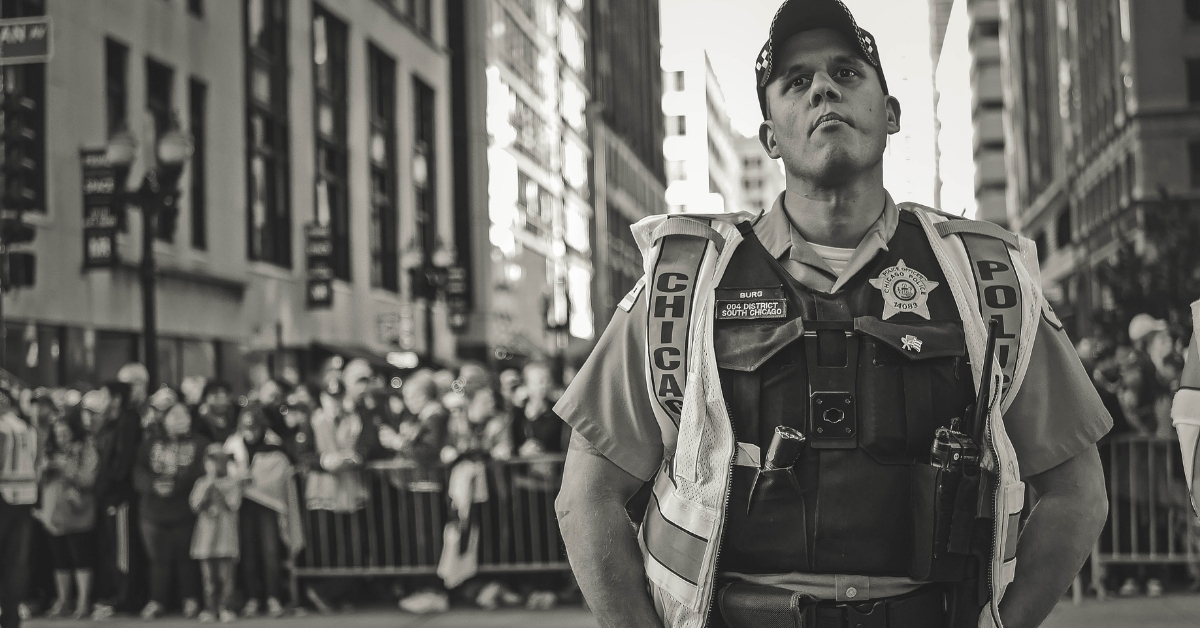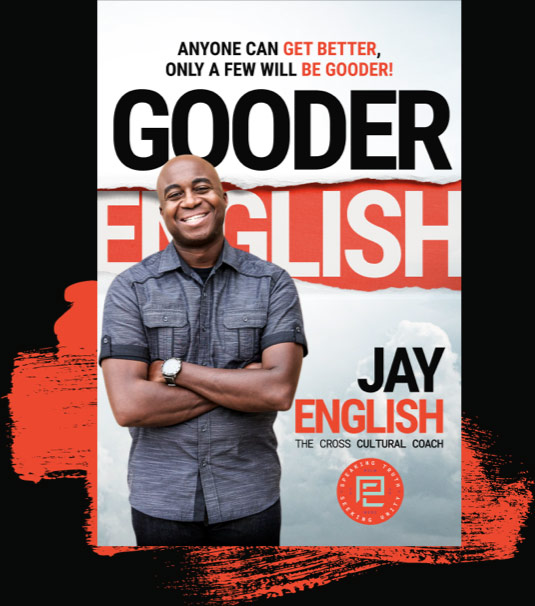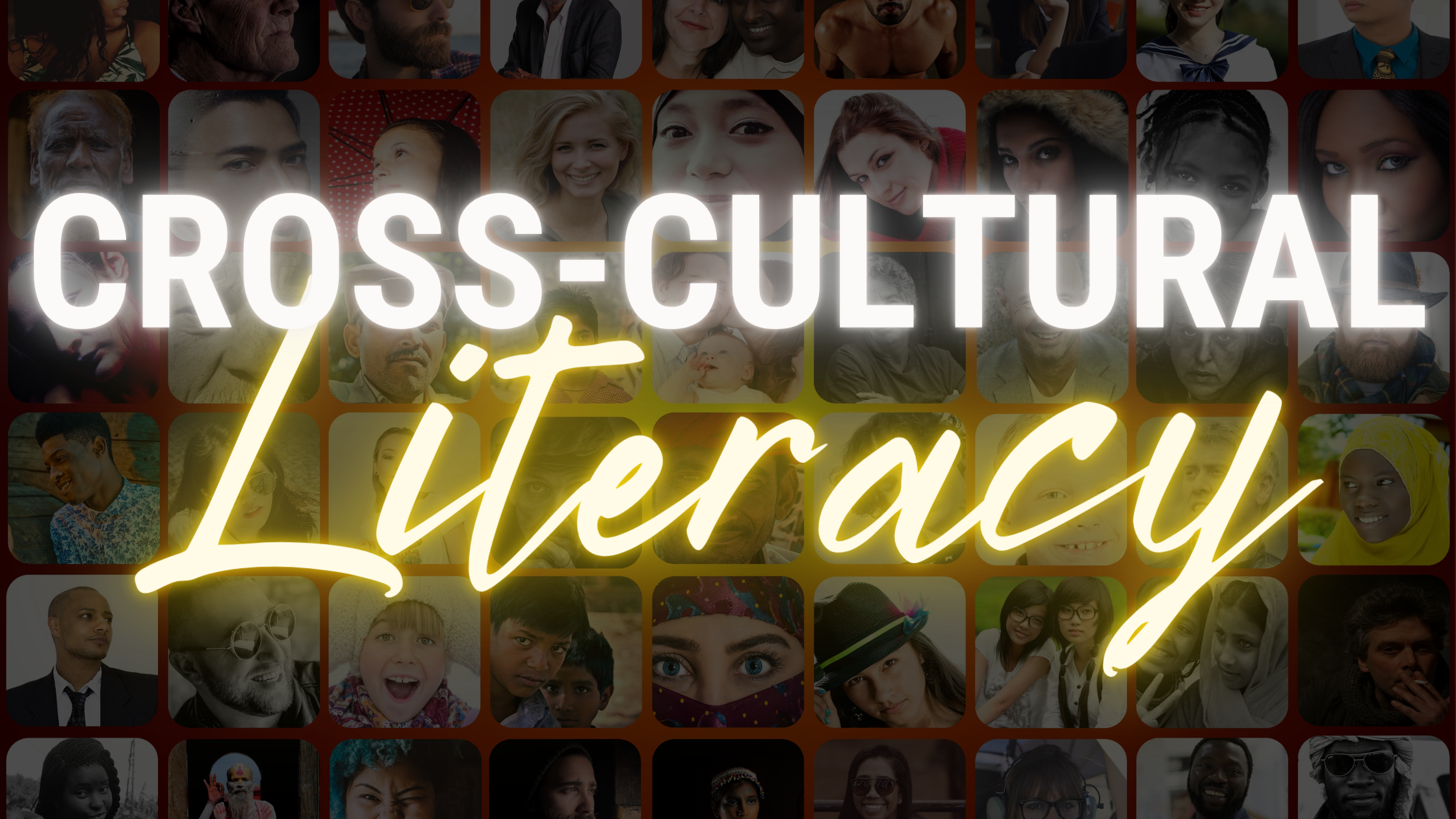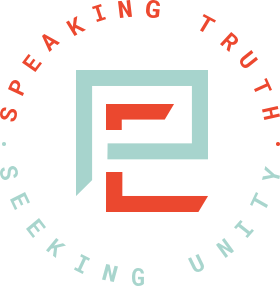The question I want to dive into for this week is a very serious question as it has become a VERY hot topic that is driving everything from the creation of laws to the running platforms of political parties. That question is simply “What does defund the police mean?”
I want to start out by letting you know that there’s a big difference between “Abolishing the Police” and “Defunding the Police”. A lot of people think defunding means get rid of, or we don’t want it anymore, or that it needs to go away. Those ideas are actually more in line with abolishing, and I’ll be honest, I know of some people out here who are saying abolish and in their hearts they truly mean just that.
Now, to continue my streak of honesty, I actually don’t know of too many people who want to completely do away with policing altogether. However, I am seeing a lot more people who are in the camp for defunding. This would be when a city looks at the departmental budget for their police officers, or police department, and decides to take a portion of the money that has been allocated for policing and bring it back into the community. They would typically accomplish this by redistributing it through community outreaches, youth programming, after school activities for children, soft skill development for adults who are looking to get better jobs or looking to just have a better quality of life for themselves and for their families.
Another big need that could be potentially addressed with the extra funds would be mental health care. This would allow underprivileged communities to bring in more professionals or create programs that would allow additional access to counseling for things like trauma, anxiety, abuse, etc. One of the the realities that breaks my heart is seeing the number of videos that have been released in which police officers have been called to come out and address people who are having mental health episodes.
I have news for you, there are times when our police department may not be who you want to have on site for those kinds of calls. Especially, in black & brown communities where someone struggling with mental health can be viewed as acting erratic, resisting arrest or even threatening an officer.
 There have been a number of justified police shootings in which the person killed was actually in need of mental health care, but their actions lead to those arriving on site to fear for their lives. Instead of this scenario, in a perfect world, you would want people showing up who have been trained to specifically work with people in those situations, even if those professionals are arriving to work alongside the police officers.
There have been a number of justified police shootings in which the person killed was actually in need of mental health care, but their actions lead to those arriving on site to fear for their lives. Instead of this scenario, in a perfect world, you would want people showing up who have been trained to specifically work with people in those situations, even if those professionals are arriving to work alongside the police officers.
Please know that I recognize that many of our police officers have received training for Mental Health. However, I think we can all understand that being trained on how to handle a situation is very different than having years of experience in actually handling that situation.
There have been a number of justified police shootings in which the person killed was actually in need of mental health care, but their actions lead to those arriving on site to fear for their lives.
Unfortunately, these are just some of the realities that we know exist in our communities. For those who are interested in “defunding”, it is because they believe that if these kinds of things were properly addressed, it would lead to a lower need of “policing” in those communities.
I’ll give you another example. Last year, in Milwaukee WI, the African-American Civic Engagement Roundtable submitted a list of demands to the city and to the mayor. In this list, one of the demands was a defunding of the police budget as the police department actually had the largest departmental budget there in the city.
So, with that being the case, the African-American Roundtable requested for 75 million dollars to be “defunded” from that budget and pushed towards community resources to help support the local non-profits and other organizations that are on the ground trying to bring about change in those communities.
I hope that this helps out with understanding the difference in these two frames of thinking.
If you have other questions, I want you to feel free to send them to me or you can email them to us at info@plainenglishinc.org. You can also use our Get In Touch page as well. In addition to this, if you (or your organization) are looking for help with going more in depth with conversations like this, know that PLAIN ENGLISH would be happy to help.




